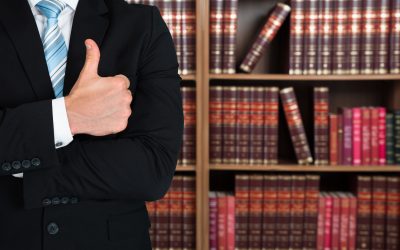In the field of DUI law, the police use three standard field sobriety testing methods to gather proof of a driver’s intoxication. However, determining whether an individual passes or fails the tests is highly subjective, and it is just as easy for an intoxicated person to pass as it is for a sober person to fail. If a person faces criminal charges after failing field sobriety tests and they want to discuss their legal options, a criminal lawyer in Royse City, TX can explain field sobriety tests and how the police use them.
What Are ‘Field Sobriety Tests’?
The three standardized field sobriety testing methods are the walk-and-turn test, the horizontal gaze test, and the one-legged stand. All of these movements are intended to test a person’s attentiveness, balance, and coordination, which are all affected after the influence of alcohol. However, for these tests to identify intoxicated drivers, they must be done in a specific way, and the results must be interpreted properly. Furthermore, the police must acknowledge that factors apart from intoxication can affect the test results.
How Are They Used by Police?
Law enforcement officials rely on these standardized field sobriety testing methods to gather proof of someone’s intoxication. The evidence may be used to support a high BAC result or to document inebriation in the absence of breath testing. If it seems like these tests are fairly unreliable, it is because they are. Moreover, because the tests are voluntary, it is typically in a person’s best interest to avoid taking them. Even if the police lead one to believe otherwise, there’s no legal penalty for refusal to submit to field sobriety testing. However, there are consequences, such as the officer’s usage of the refusal as probable cause to make an arrest.
Call a DWI Lawyer for Help
All DWI charges, even for first offenders, carry the potential for harsh penalties and lasting effects. If a person is facing these charges, a criminal lawyer in Royse City, TX from the Law Office of Tim Hartley can help. Visit the website to learn about the state’s options for contesting DWI charges, or call the office to set up an initial consultation with a knowledgeable, skilled and competent DWI lawyer.


